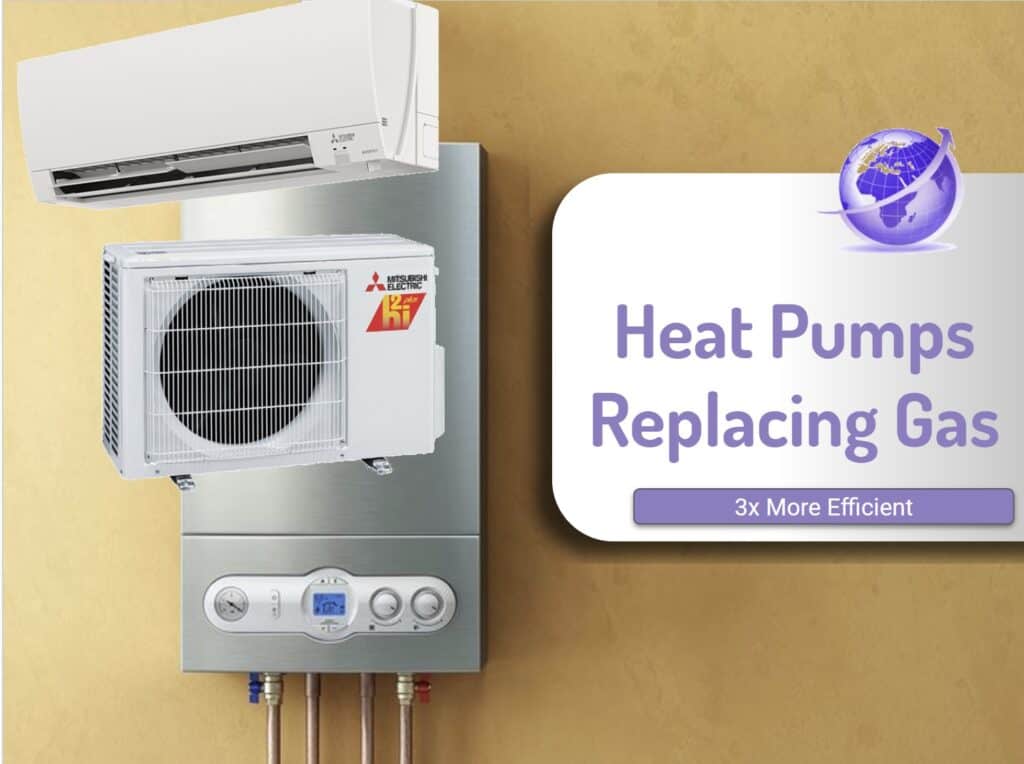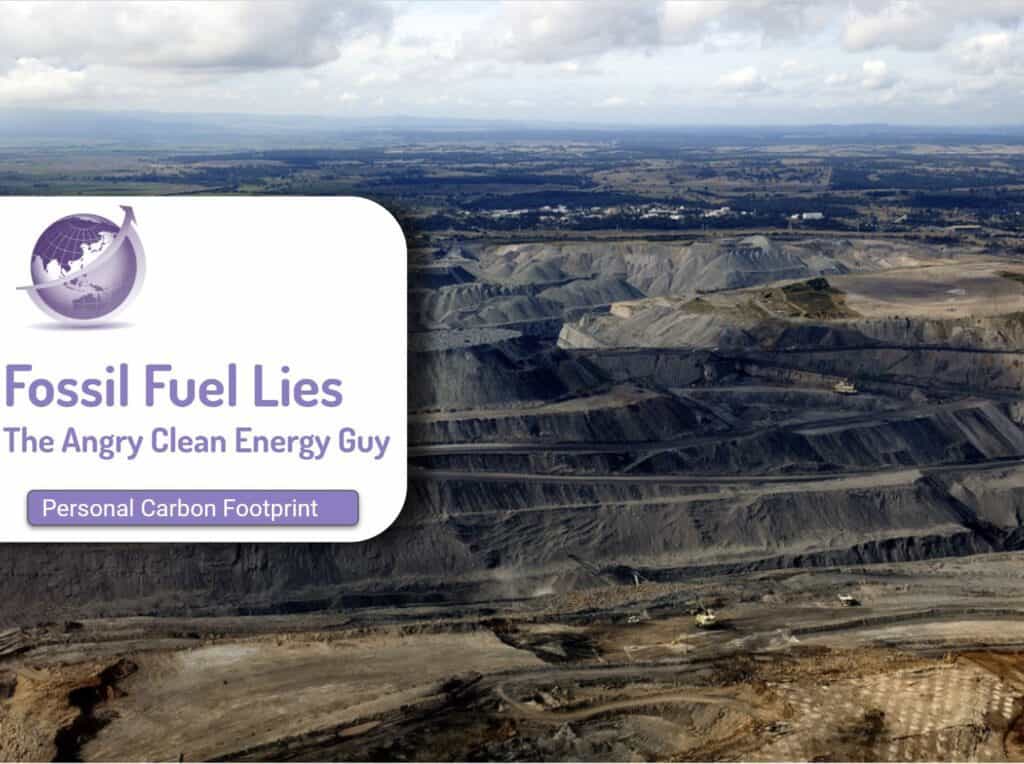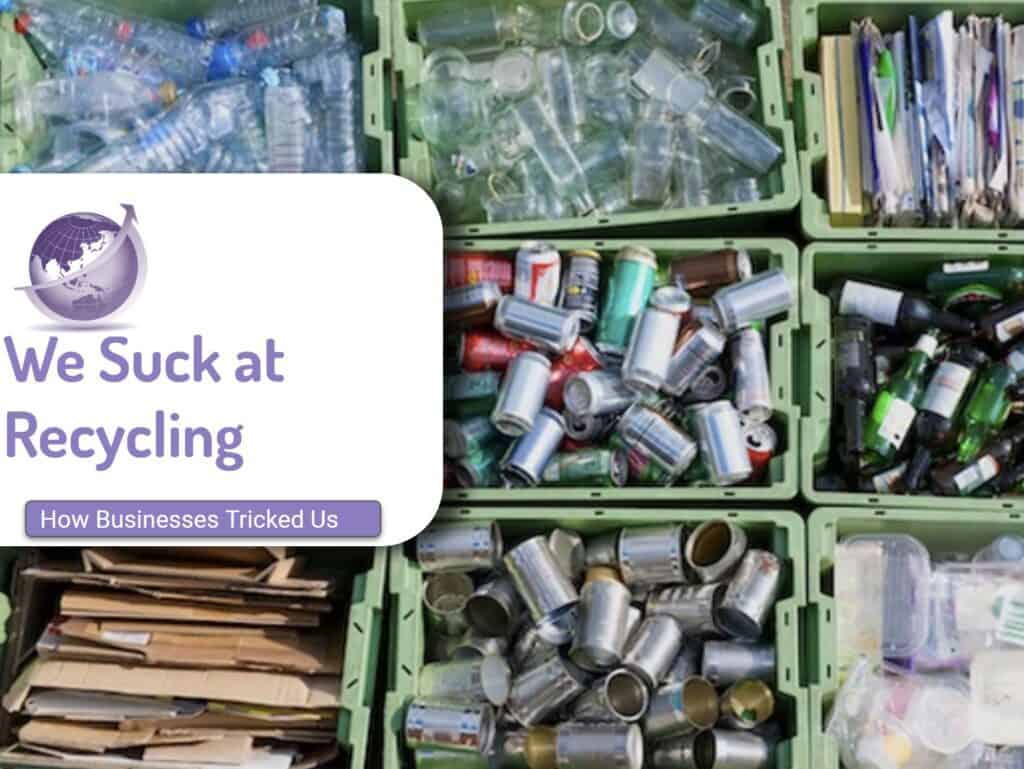Airconditioners or heat pumps for energy saving are old technology. Henry Carrier invented air conditioners in 1902 and by the 1960s most USA houses had an air conditioner. By 1970, manufacturers shipped units that could cool and heat and called them heat pumps. Heat pumps have been “rediscovered” in the move to phase out fossil fuels (gas). Powered by renewable energy, heat pumps do much of the heavy lifting essential to stop burning fossil fuels. Many businesses use gas for the heat demand in industrial processes, but much can be delivered by heat pumps.
For more information on types of heat pumps (ground source, air source). More info at https://www.heatpumps.london/blog/everything-you-need-to-know-about-heat-pumps
Installed heat pumps were> 1.6 billion aircon in 2018 (the International Energy Agency, IEA), and growing by ~10% per year. Over 20% of electricity usage in buildings globally is from air conditioning, with the number expected to grow to 5.6 billion by 2050.

History of HeatPumps for Energy
On July 17, 1902, Willis Haviland Carrier designed the first modern air-conditioning system, launching an industry that would fundamentally improve the way we live, work and play. Genius can strike anywhere. For Willis Carrier, it was a foggy Pittsburgh train platform in 1902. Carrier stared through the mist and realized that he could dry air by passing it through water to create fog. Doing so would make it possible to manufacture air with specific amounts of moisture in it. Within a year, he completed his invention to control humidity – the fundamental building block for modern air conditioning.
Mitsubishi Electric and Toshiba in Japan sold the first mini-split systems in 1954–1968 where small home size motivated their development.
By the 1960s central air conditioning was standard in most new homes in the United States. By then, electric air conditioner window units were affordable and had come down in price from the early days.
HeatPump Efficiency
Heat pumps operate about 3x efficiency. New technology such as acoustic vibration from Blueheart Energy demonstrates higher efficiencies with lower noise (30db) and temperature range from -30C to +50C
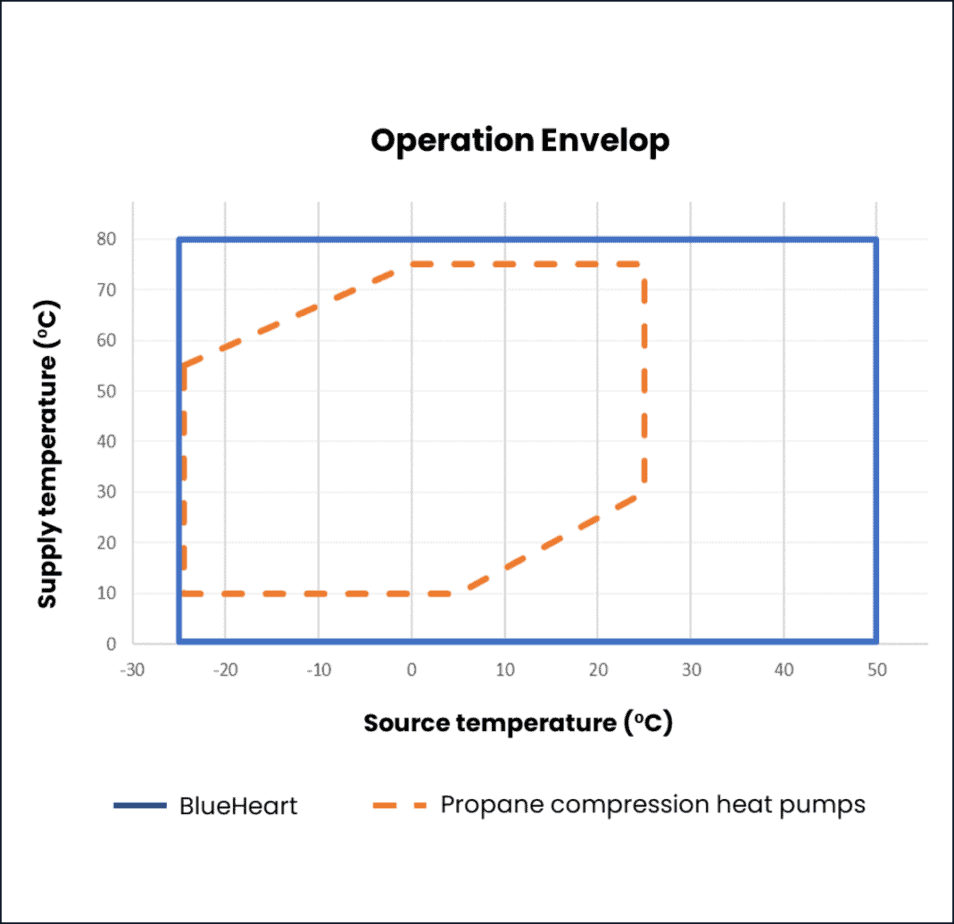
HeatPumps Versus Hydrogen Comparison
Assume 100 kWh of renewable energy generated by solar or wind.
- Heatpump. With transmission losses of 10%, a heat pump will produce 270 kWh of heat.
- 46 kWh of space heating and domestic hot water using a boiler running on green hydrogen.
- I.e. 6 times as much heating.
Growth of Heat Pumps
The war in Ukraine and a gas shortage in Europe led to a rapid rise in heat pump installations.
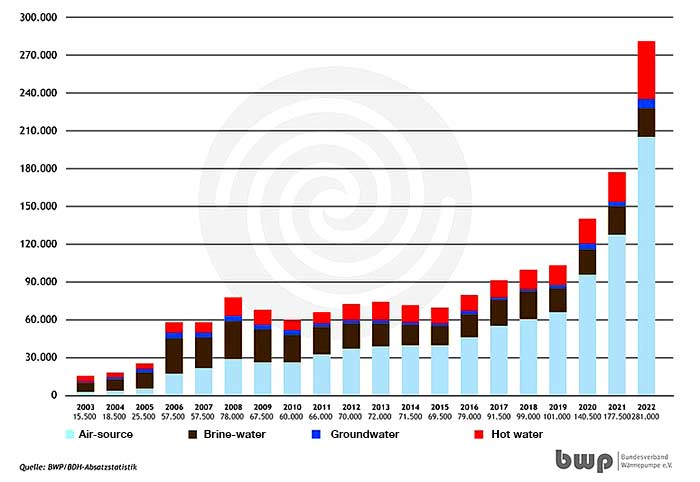
High Temperature Heat Pumps
While heat pumps are thought to only go to ~40, researchers from Sintef Energy Research, the Norwegian University of Science & Technology (NTNU), and industrial partner ToCircle, have developed a new high-temperature water-based heat pump suitable for many industrial processes, and capable of producing temperatures of up to 180°C (356°F).
Heat Pumps versus Green H2
This graphic says it better than me.

Additional Reading
- Why hydrogen is not the solution to decarbonising our homes Nesta https://www.nesta.org.uk/blog/opinion-why-hydrogen-is-not-the-solution-to-decarbonising-our-homes/
- Heatpumps https://www.heatpumps.london/blog/everything-you-need-to-know-about-heat-pumps
- Hot heatpumps https://ammonia21.com/norwegian-researchers-develop-worlds-hottest-heat-pump/
- Wikipedia airconditioning https://en.wikipedia.org/wiki/Air_conditioning
- BlueHeart heat pump thermo-acoustic https://www.blueheartenergy.com/ourtechnology
- Rise of heatpumps https://www.coolingpost.com/world-news/german-heat-pump-sales-up-53/

